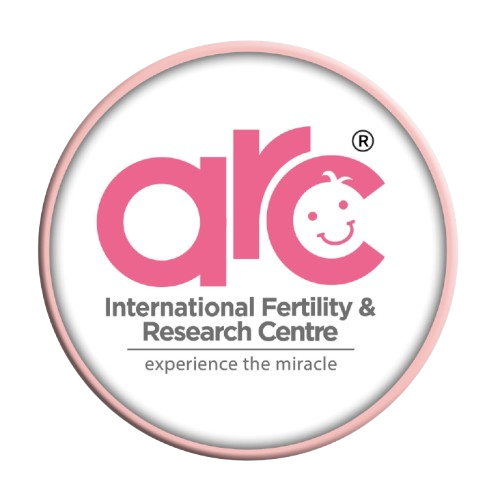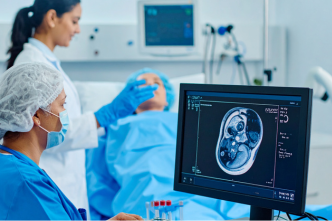Introduction
Life doesn’t always follow a set timeline. Whether you’re focusing on your career, haven’t met the right partner yet, or simply want to keep your options open, egg freezing gives you the freedom to plan parenthood on your terms.
At ARC Fertility Hospitals, we meet women every day who are curious, concerned, or even confused about egg freezing. In this blog, our experts answer the most commonly (and not-so-commonly) asked questions.
What exactly is egg freezing?
Egg freezing is a method where a woman’s healthy eggs are collected, frozen, and stored for future use. When you’re ready to get pregnant, these eggs can be thawed, fertilized, and placed back into your womb.
When is the best age to freeze eggs?
The ideal age is between 25 and 35 years when egg quality and quantity are at their best. However, many women freeze eggs until around 40, depending on their health and test results.
How many eggs should I freeze?
It depends on your age. Younger women may need to freeze fewer eggs. On average, around 10–15 eggs are frozen to improve the chances of success in the future.
Will egg freezing affect my ability to get pregnant naturally later?
Not at all. The process involves stimulating your ovaries to produce more eggs just for that month. It does not impact your future fertility.
Is the process painful or risky?
It’s not painful, but you might feel bloated or uncomfortable during the stimulation phase. The egg collection is done under mild anesthesia and mostly you won’t feel a thing. Risks are very low and rare.
How long can frozen eggs be stored?
Eggs can be stored for 10–15 years or even longer. The quality doesn’t drop once they are frozen. It’s like pressing “pause” on your fertility.
How much does it cost?
At ARC, we believe cost should not stop anyone from planning their future. That’s why we offer affordable packages and EMI options. Consultations and initial tests are currently free for a limited time.
Can I freeze eggs if I have health issues or before cancer treatment?
Absolutely. Women with conditions like PCOS, endometriosis, or even those undergoing chemotherapy are great candidates for egg freezing. It helps preserve your chance of becoming a mother later.
Conclusion
Egg freezing is no longer just a medical procedure but a powerful choice. A choice that gives you time, options, and peace of mind.
Want to know where you stand?
Book a free consultation and fertility assessment today. Our caring team at ARC is here to guide you with science, honesty, and heart.

